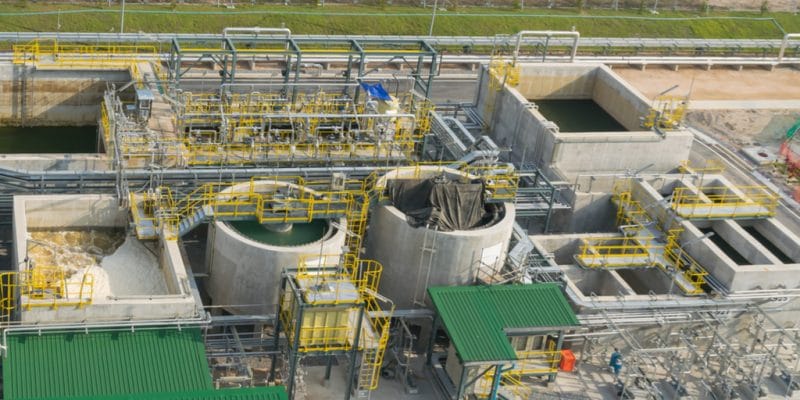The National Sanitation Office (ONAS) is launching an international tender for the study, execution of works and commissioning of a wastewater treatment plant in the municipality of Khelidia, in the governorate of Ben Arous in Tunisia. Interested companies have until April 12th, 2022 to submit their bids.
The Tunisian government wants to improve sanitation services in the country. The Office National de l’Assainissement (ONAS), which manages this sector, is implementing the construction project of the Khelidia wastewater treatment plant, which is currently subject to an international tender. The public body wants to recruit a company that will be responsible for the feasibility study, construction of the plant and its commissioning in the governorate of Ben Arous, north-west Tunisia.
The Khelidia plant will be able to treat an average of 72,810 m3 of effluent per month, or 2,427 m3 per day. The treated wastewater will be returned to nature, reducing pollution and the spread of water-borne diseases. The selected company will also build a transfer system for the treated wastewater.
EBRD and AfDB funding
Companies interested in the tender have until April 12, 2022 to apply. The call for expressions of interest follows the general procurement notice for the project, issued on February 4, 2022 by the European Bank for Reconstruction and Development (EBRD).
Read Also – Urban sanitation, a major challenge for sustainable cities in Africa
ONAS intends to use part of the loans from the European Bank and the African Development Bank (AfDB), released under Phase I of the Sanitation Program for Small Cities with less than 10,000 inhabitants (PAPC-I) to finance the construction of the future Khelidia wastewater treatment plant. The program aims to improve sanitation services in 33 municipalities of less than 10,000 inhabitants, spread across 19 governorates of Tunisia through the installation of 800 linear km of transfer primary and secondary transfer networks, the construction of 24 plants dedicated to wastewater treatment and the construction of 30 pumping stations.
Inès Magoum






